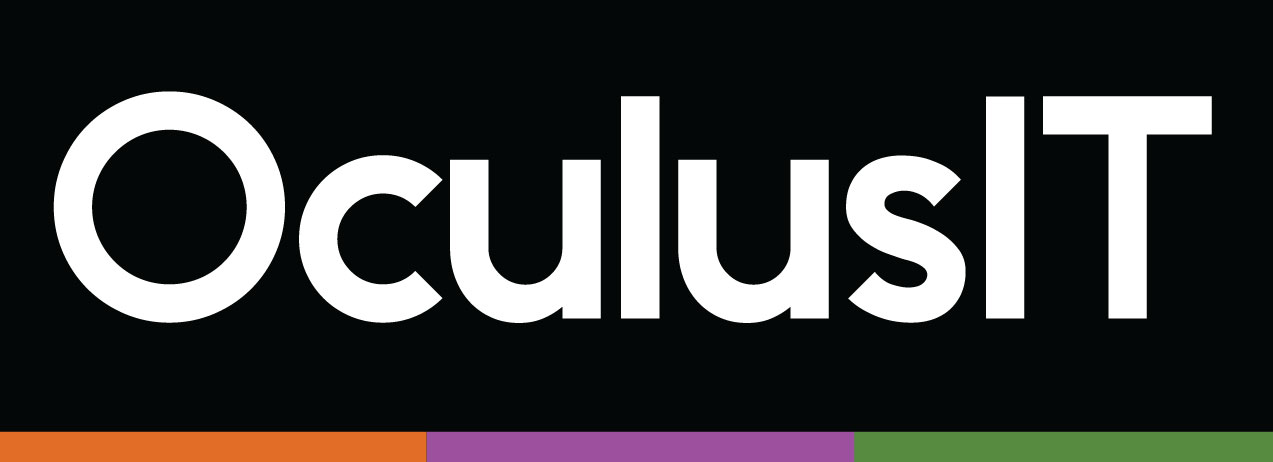From Insights to Action: Institutional Research and Responsible Data Leadership
Reading Time: 3 Minutes
Higher education institutions are generating more data than ever through enrollment trends, student outcomes, financial aid data, and faculty performance metrics. Yet many leaders still face the same challenge of having the data but not knowing how to use it effectively. Reports are often outdated, systems are disconnected, and insights arrive too late to guide strategy.
As artificial intelligence and data analytics reshape higher education, responsible data governance has become the foundation for transparency, accountability, and smarter decisions across campus.
The Governance Gap in Campus Analytics
Colleges and universities have made major investments in analytics platforms and ERP systems, but many still struggle with fragmented data. Enrollment, finance, and academic systems often operate separately, producing inconsistent or overlapping results.
Without strong governance, institutions face inaccurate reporting, compliance concerns, and wasted time reconciling numbers instead of acting on them. As AI becomes more integrated into operations, poor governance can create even greater risks such as unreliable forecasts or biased decision models.
Institutional Research as the Bridge Between Insight and Integrity
Institutional Research plays a vital role in connecting people, systems, and strategy. These teams ensure that institutional data is accurate, consistent, and used responsibly.
By combining analytical expertise with an understanding of campus priorities, IR teams help transform reporting into actionable insight. Their work defines governance standards, improves data literacy, and ensures that analytics are used ethically and effectively.
With strong IR leadership, data shifts from being a technical resource to becoming a strategic advantage that drives measurable outcomes.
Turning Insights into Impact
When data governance and analytics align, institutions can make faster and more informed decisions. Modern dashboards and automated reporting provide leadership with clarity and confidence.
Effective data integration helps colleges and universities
- Improve enrollment management with real-time insights on student retention and yield trends
- Strengthen financial decision-making through transparent budget and resource tracking
- Support at-risk students with predictive analytics that guide early intervention
- Streamline compliance through accurate and audit-ready reporting
When every department works from the same version of the truth, campuses make smarter, data-driven choices that improve both efficiency and student success.
Building a Culture of Data Trust
Technology cannot create a data-driven institution on its own. Trust in the data is what makes lasting change possible.
When IR leads data governance initiatives, they establish consistent definitions and shared standards across departments. This eliminates confusion, reduces reporting conflicts, and builds alignment among academic, financial, and IT leaders. Over time, this creates a culture where data is not questioned but relied upon to guide meaningful progress.
From Information to Strategy
Data is one of higher education’s most valuable assets, but without governance and structure, it loses its impact. As AI and predictive analytics continue to grow, responsible data leadership will determine which campuses move forward with clarity and which remain reactive.
Responsible AI begins with responsible data. If your institution is ready to turn information into strategy and insight into measurable outcomes, connect with us to learn how Institutional Research can drive better decisions for your campus.






